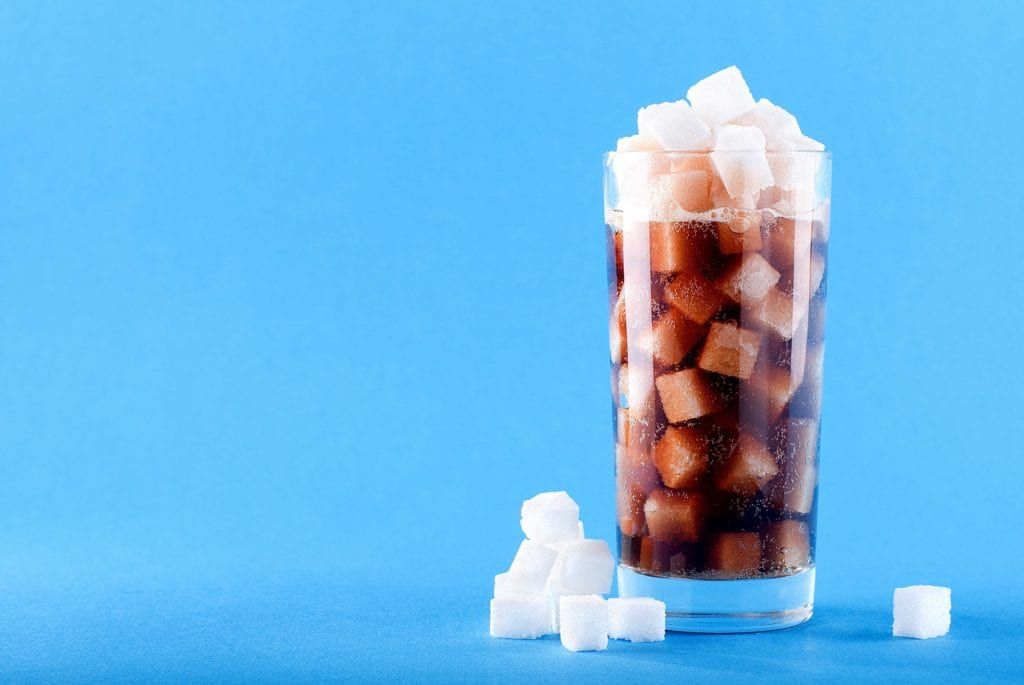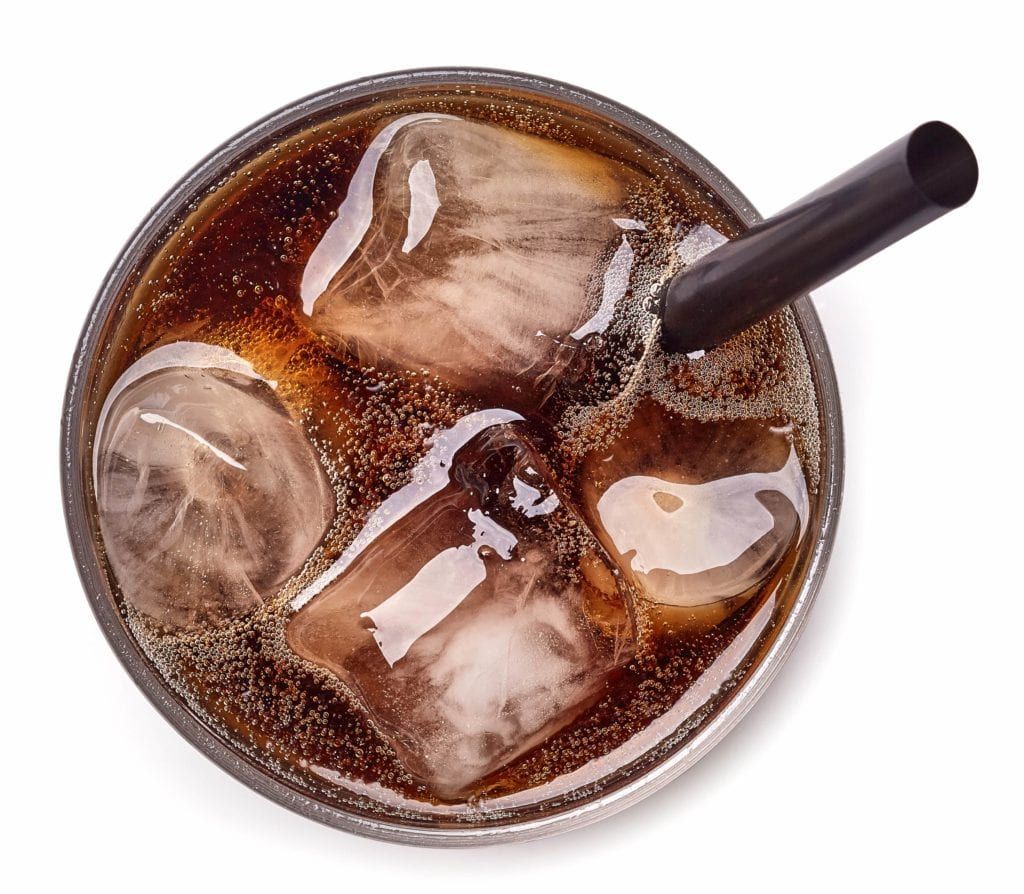Soft Drinks and Your Teeth
When it comes to your overall health, many people understand the importance of eating certain healthy foods and avoiding foods that are high in salt, sugar, or fat. However, not as many people realize that what they drink can also have an impact on their health, specifically on their oral health. Just like there are certain foods that should be avoided or limited to maintain your overall health, there are certain types of beverages that should be avoided or limited to maintain your oral health.

Soft drinks have been found to affect both your overall and oral health. For example, they can contribute to medical conditions like type-2 diabetes and obesity. They can also contribute tooth decay. This is partially because soft drinks contain a large amount of sugar, which feeds decay-causing bacteria. When it comes to your oral health, the more sugar you consume means more food for the bacteria that cause tooth decay, which leads to more bacteria and an increased risk of tooth decay.
In addition to containing large amounts of sugar, another reason why soft drinks cause tooth decay is due to the acids they contain. Although most soft drinks, including sugar-free soft drinks, contain some degree of tartaric, citric, or phosphoric acid, soda generally contains the most. This is detrimental to your oral health because it will erode your enamel and increase the amount of damage that decay-causing bacteria can do to your teeth.
Even though soft drinks can pose a threat to your oral health, there are some things you can do to protect your oral health while drinking them. These include:
Limiting How Much
Reducing how many soft drinks you drink on a daily and/or weekly basis is one of the best ways to protect your oral health. Instead of drinking soft drinks, try drinking more milk and water. At the very least, try drinking milk or water between soft drinks.

Using a Straw
When you do have a soft drink, be sure to use a straw. This is because straws help to prevent direct and extended contact between your teeth and the acids/sugars found in soft drinks. Minimizing the amount of contact will decrease the amount of damage done by both acid and sugar.
Drinking Quickly
When you have a soft drink, the acids and sugars will immediately start to damage your teeth. This damage will continue until 20-30 minutes after you have stopped drinking. With that being said, it is better to drink quickly instead of slowly slipping so you can reduce the amount of time your teeth are being actively damaged by acid and sugar.
Rinsing
Once you have finished a soft drink, it is helpful to rinse your mouth with water or milk. Rinsing your mouth removes some of the acids and sugar from the surface of your teeth, which can help minimize the damage. Drinking milk may also be able to help mineralize your enamel.
Visiting Your Dentist
Regular dental exams and teeth cleanings are important for everyone, especially if you regularly consume soft drinks. Having your teeth cleaned regularly minimize the amount of bacteria in your mouth, which will help decrease the damage done to your teeth. Additionally, regular dental exams can locate potential dental problems as soon as they start.






